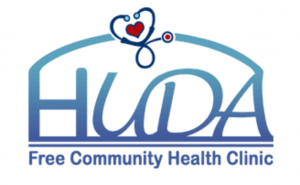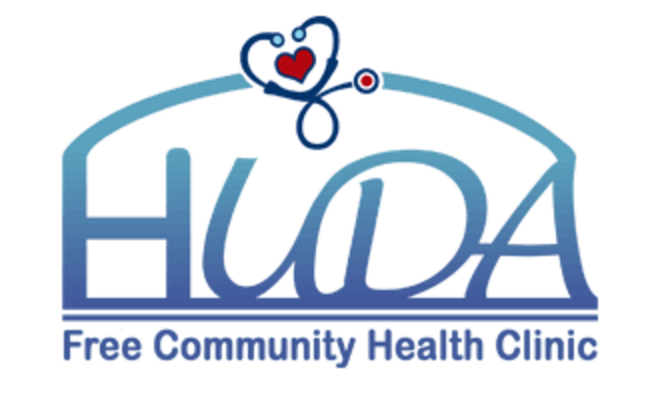American Muslims and Free Health Services to Low Income Populations
By Laura Fawaz, Contributing Reporter
The HUDA Clinic recently published a special study showcasing the free health care services provided to those in need by American Muslims.
For decades now, many Muslim immigrant families have chosen to come to America for college. They have raised their children with the same dedication to education. Many of which have chosen the medical field. Until now, there has been little documentation to reflect this service by American Muslims. HUDA Clinic is a free health care clinic that has been in operation in the Muslim Center Mosque in Detroit, since May of 2004.
All HUDA Clinic services, medications, and resources are offered to adults, free of charge. They maintain a mix of volunteers and a small, part-time paid staff. HUDA teamed with ISPU, Institute for Social Policy and Understanding, for this study. ISPU’s research objectives are geared towards solutions that empower American Muslims in furthering their community development, in efforts of contributing to democracy and diversity in the United States. Since 2002, ISPU has been working to educate the general public on the positive works that Muslim Americans contribute to their communities, hoping to make a change in the ‘media and with the policymakers to make evidence-based decisions.’
HUDA and ISPU both agree on the lessons learned from this case study, which they have reported as follows:
- An internal divergence of opinions on some issues does not hinder the success of the organization, as long as there is agreement on the organization’s mission and vision. If the organization’s mission is clear from the outset, and there is a genuine buy-in from all members, internal disputes and differences can be resolved relatively easily.
- Upfront investment on a separate legal status and tax-exempt status for the health care clinic is a worthwhile expense. For the HUDA Clinic, these investments opened the doors to funding and helped resolve issues when differences arose between some members of the HUDA Clinic and the Muslim Center. All board members agree that it helped immensely that the HUDA Clinic was a separate legal entity, distinct from the Muslim Center.
- Use freely available resources and strive to learn from other similar community organizations. The HUDA Clinic effectively used a free, online template for the preliminary planning stages of the program as a valuable resource.23 Additionally, the clinic’s staff members and board continue to create relationships with other health care clinics and other service providers to learn from their business models, and to learn about new sources of funding.
- Invest in malpractice insurance. Even if volunteer physicians have their own malpractice insurance, organizational insurance provides the clinic with greater protection from liability.
- Invest in the services of a professional grant writer. The HUDA Clinic’s continuing success depends in no small part on its ability to actively and successfully seek new funding sources. Whereas the HUDA Clinic previously hired a professional grant writer as needed, they now have a part-time CEO whose responsibilities include identifying and applying for grants.
- On a leadership level, seek to balance stability with diversity. While retaining some founding members is key to success, new and diverse voices and viewpoints on the board are also essential for growth and evolution.
- Outline a robust outreach strategy from the beginning. The HUDA Clinic did not automatically generate clients. Have a strategy in place that reflects the community’s needs. On an internal level, have a unified understanding of what the clinic’s desired patient base is (e.g., Muslim only vs. open to all), and craft an outreach strategy accordingly.
- Have systems in place to ease evolution and to create transparency. Steps such as annual reviews and regular strategic planning are crucial for internal harmony and success. Review mechanisms also help an organization be prepared for an audit.
- Regularly train staff members on health safety, and document the trainings. These steps not only ensure safer operations; they also serve as preparation in case of an audit.
- Encourage and cultivate diversity. The decision of a suburban and inner-city mosque to work together for a common purpose was one of the keys to the HUDA Clinic’s success.


















2016
1,136 views
views
0
comments